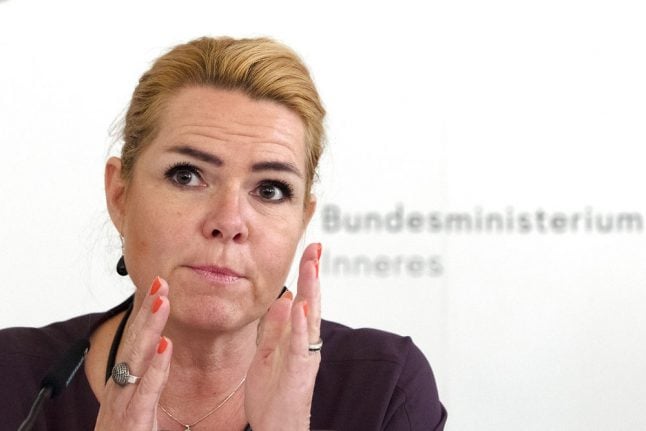Reports of several children being forced to leave family, including parents, in Denmark as a result of rejected residency applications have emerged recently.
In one such recent report, newspaper BT was among media to bring to national attention the case of a 13-year-old girl from Thailand, Mint, who – until last week – lived with her mother and Danish stepfather and stepbrother in Køge near Copenhagen.
Mint, who moved to Denmark in 2017 and attended school at seventh grade, the normal level for her age, was refused permission to remain in the country due to not fulfilling Immigration Board (Udlændingenævnet) requirements over integration.
She has since been deported from Denmark and is now in Thailand with her mother.
“We as politicians have a responsibility not to make things difficult for those who want to be part of Denmark,” Mathias Tesfaye, immigration spokesperson with the opposition Social Democrats, said.
A change to Denmark’s Integration Law (Integrationsloven) in 2016 requires all children over the age of eight that move to Denmark to be assessed over their potential for integration before being granted residency.
Previous rules did not require such assessments in cases where a child’s parents were already living in Denmark and children followed them to the country within two years.
But the rule change has resulted in a number of decisions requiring apparently well-functioning children or teenagers, such as in the case of Mint, to leave Denmark, even though their parents or guardians have residency.
The anti-immigration, nationalist Danish People’s Party said it was satisfied with the current rules, but said it would be happy to see power to grant dispensation for individual cases given to the minister for immigration and parliament’s Committee for Immigration and Integration (Udlændinge- og Integrationsudvalg).
“There may be some cases in which the law has an undesired outcome, but that does not change the fact that we stand by this law,” the party’s immigration spokesperson Martin Henriksen said.
“But we will support the addition of a dispensation option,” Henriksen added.
Jacob Mark, spokesperson for immigration with Socialist People’s Party, a smaller party on the opposition left, said that the Integration Law as a whole should be reviewed.
“Good citizens” who speak Danish and have established an everyday life in Denmark should not be sent out of the country on the assumption they cannot integrate into society, Mark said.
“This latest case with Mint is one of many crazy examples. Of course she can integrate.
“That’s why the law must be thoroughly examined and reformed to make it more nuanced than it is today,” Mark said.
BT reports that immigration minister Inger Støjberg has so far declined to comment on Mint's case. Støjberg is reported to have responded to a written question submitted by Mark to the parliamentary integration committee that she had “confidence that the Immigration Agency and independent Immigration Board have carried out thorough assessment” of the case.
“I can certainly understand that the family in the case referred to… would have liked to see a different outcome,” Støjberg also said.
READ ALSO: 13-year-old deportation-threatened schoolgirl allowed to stay in Denmark



 Please whitelist us to continue reading.
Please whitelist us to continue reading.